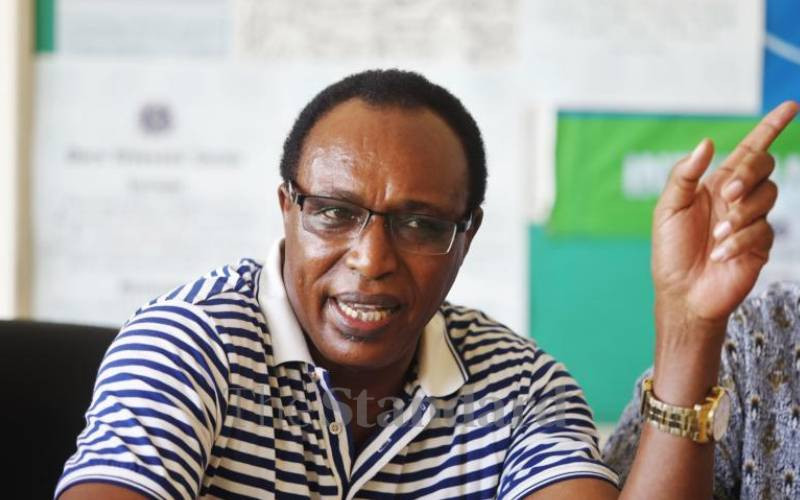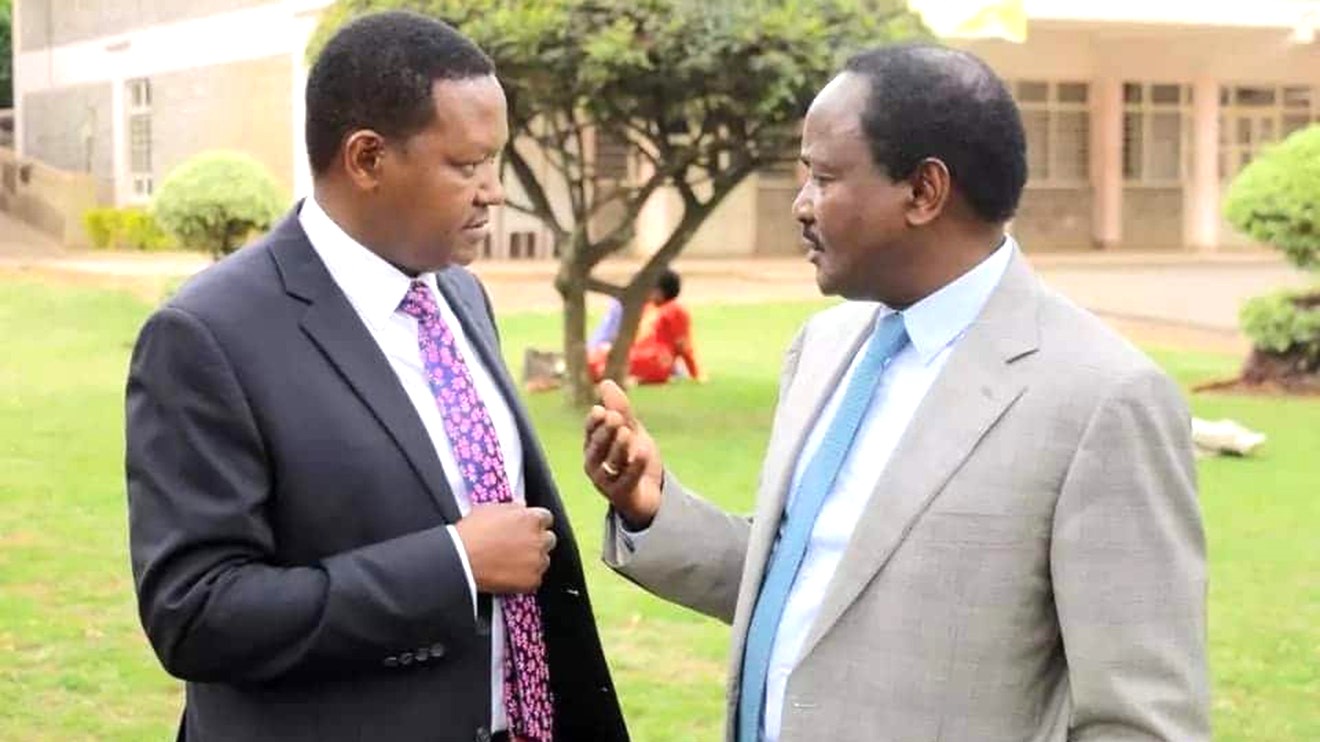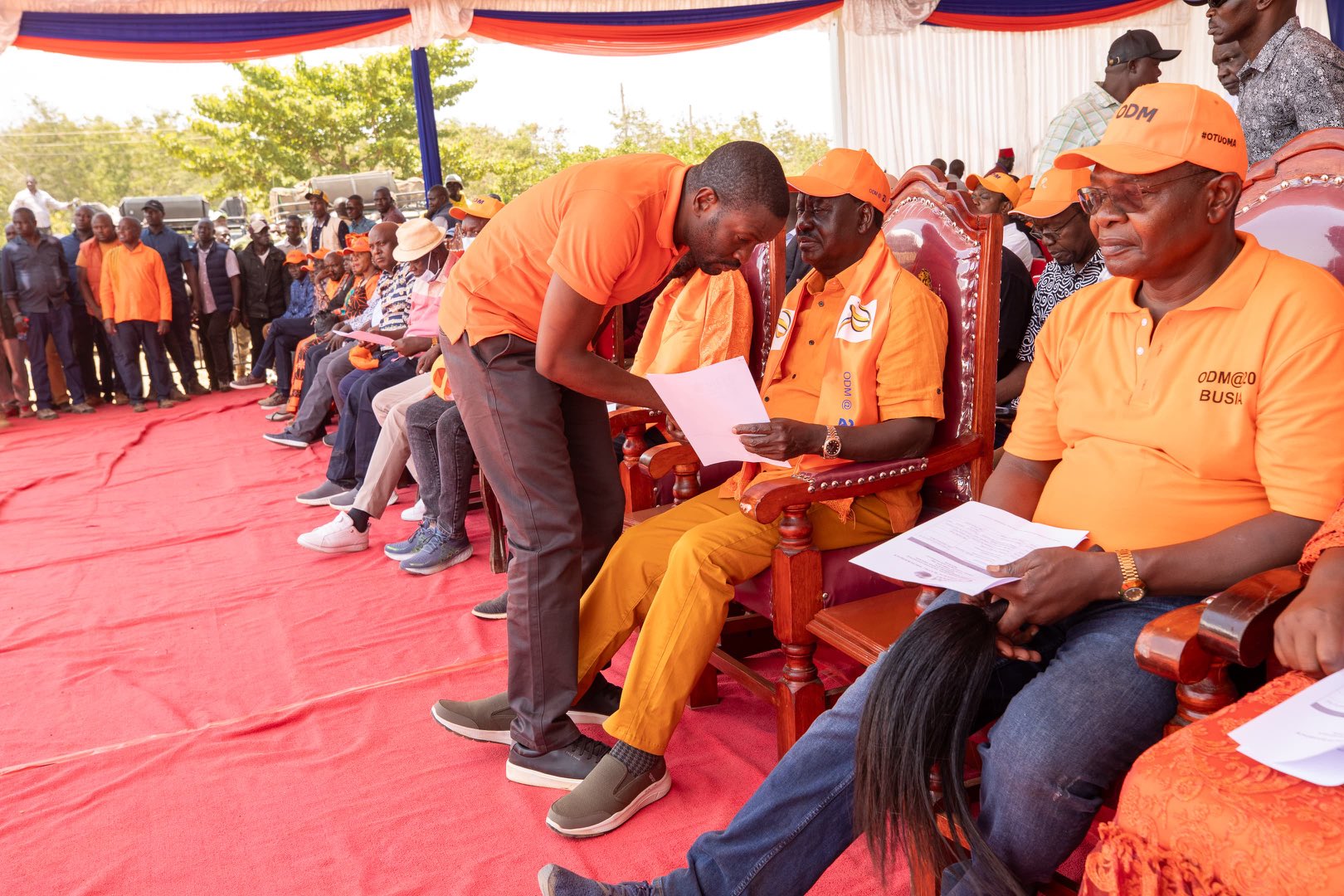At the heart of the legal battle is an application filed by Amin Iloti on behalf of 14 other union officials. The group sought conservatory orders to prevent Sang from making any withdrawals or payments from the union’s accounts, citing concerns over unaudited financial records and questionable expenditure, including a development loan with no traceable output.
The court’s ruling, delivered on 3rd July 2025, stated: “The issuance of the requested conservatory orders will support constitutional principles and fundamental rights as enshrined in the Bill of Rights, including the claimants’ rights to equitable labour practices and just administrative procedures.”
Pending the hearing and determination of the main suit, the court directed that no funds are to be utilised from the union’s accounts unless explicitly approved for necessary operations. Such expenditure must be agreed upon by the union and receive prior written consent from Assistant Secretary General Sulman Owuor and National Treasurer Kibibi Oeri. Furthermore, Sang is required to notify Oeri of any proposed expenditure at least seven days in advance and must retain all receipts for court scrutiny.
According to court documents, the complainants, who form part of the union’s National Executive Committee (NEC), were elected in 2024. Since assuming office, they claim to have discovered significant financial irregularities, including the union’s failure to submit audited financial statements for five consecutive years and the accumulation of unexplained loans totalling Ksh. 52 million.
Iloti further alleged in his affidavit that efforts to obtain a full statement of accounts from Sang have been fruitless. A formal complaint was filed at Makupa Police Station under OB No. 52 on 13th June 2024, citing Sang’s non-cooperation and refusal to address the queries raised.
The group also criticised Sang for allegedly violating the union’s constitution by hiring staff without NEC approval and by failing to convene the union’s Annual General Meeting (AGM), as mandated under Article 10(3) of the union’s constitution. Plans to conduct the AGM were reportedly frustrated by Sang, who the officials claim took deliberate steps to sabotage the process.
Further controversy arose in January 2025, when the complainants obtained documents from the Registrar of Trade Unions that showed they had been removed from their positions, an act they say is unconstitutional. Article 12(k) of the Dock Workers Union’s constitution stipulates that only a national conference, which has not taken place, can dismiss NEC members.
The officials accuse Sang of continued misuse of union funds and say his unilateral decisions, including a recent loan acquired from Bandari Sacco, have further destabilised the union’s financial health and threatened its operational integrity.
The court’s decision marks a significant step in resolving the long-standing leadership impasse and restoring order within the Dock Workers Union. As the case proceeds, stakeholders in the labour movement are closely watching for its implications on union governance and accountability across the country.
[/full]





